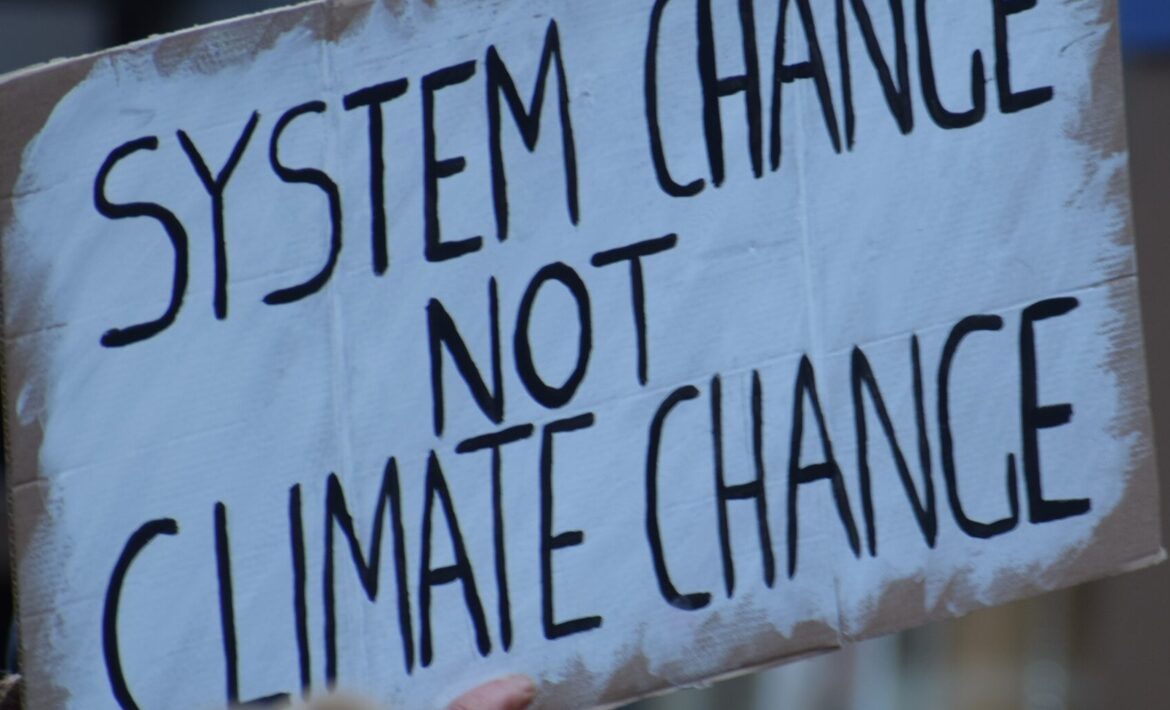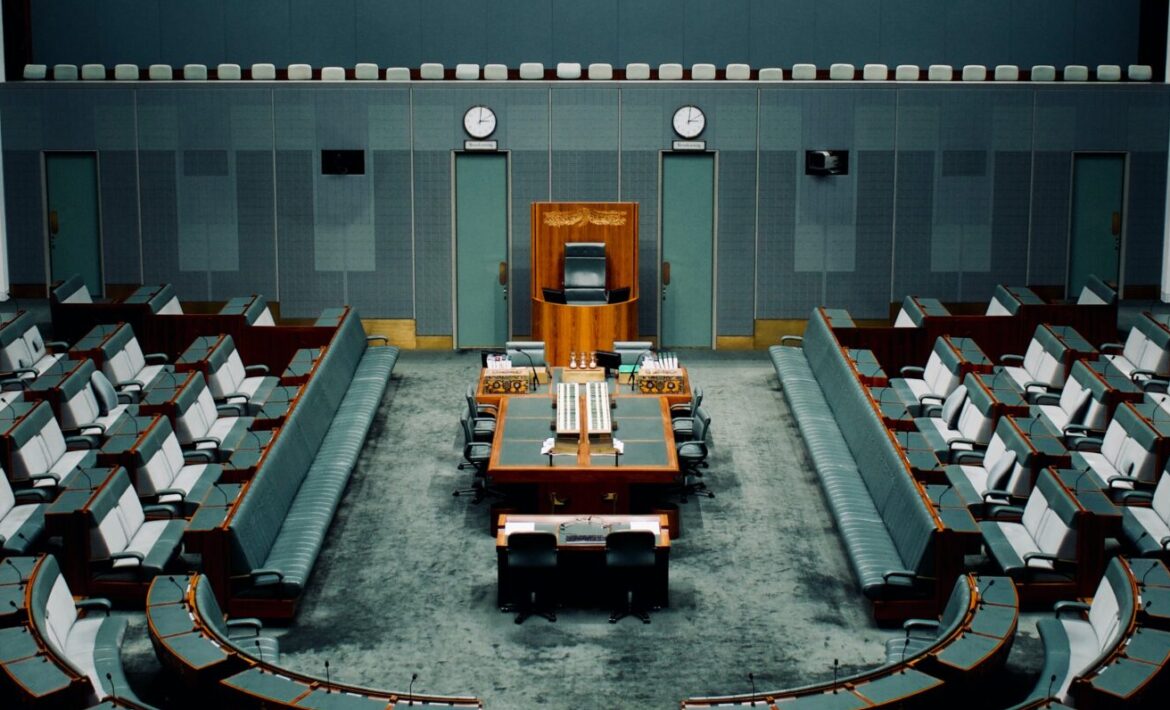
Carbon Footprint Of Buildings: Solutions
Improving the operational carbon footprint of buildings by, for example, insulation and electrifying the grid, is one solution. A second solution is to reduce the embodied carbon of constructing a building. Finally, policies and incentives such as creating a lead market need to be put in place to support low-carbon products which contribute to creating lower-carbon buildings.









